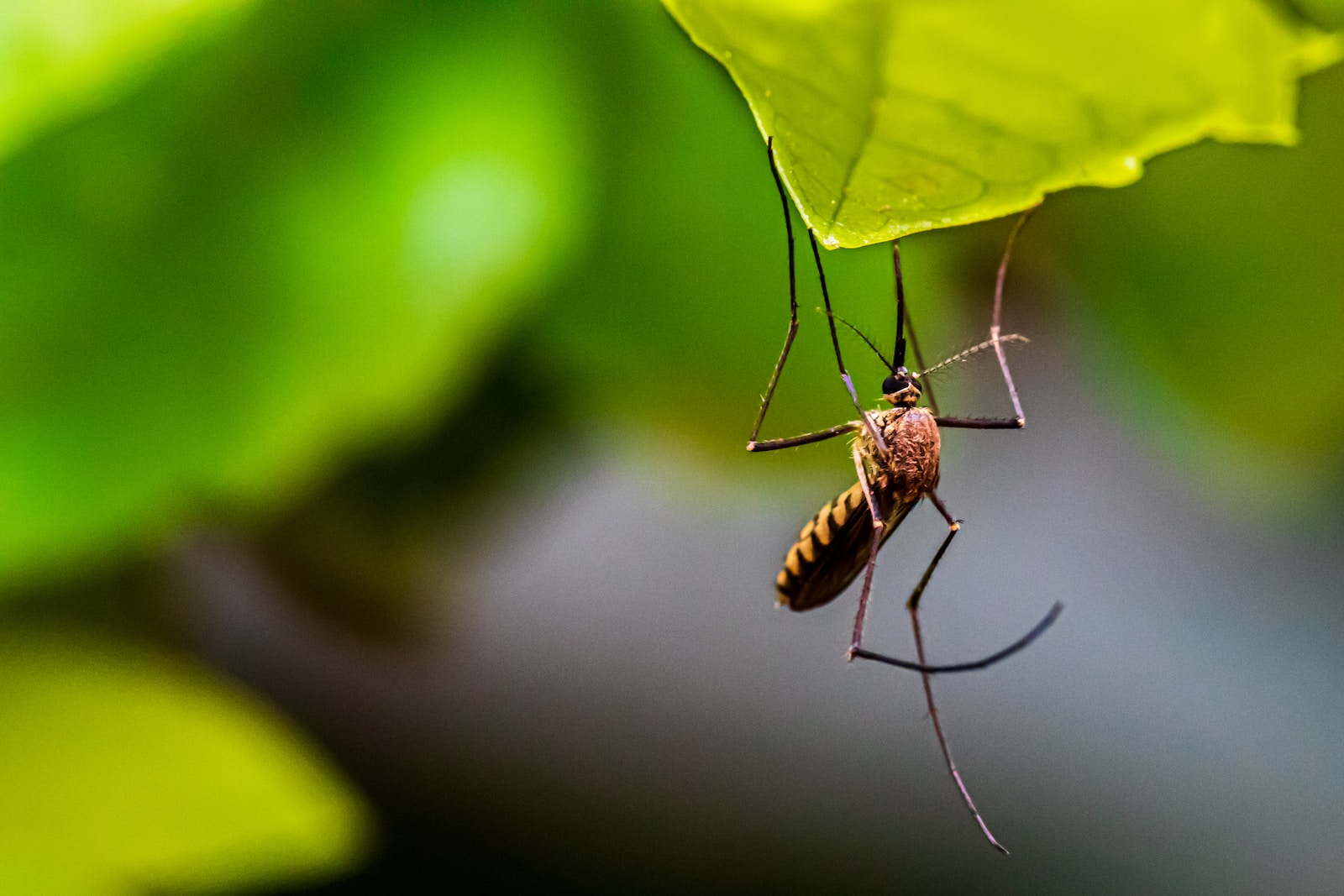Ghana becomes first country to approve ‘world changer’ Oxford malaria vaccine
Announced yesterday, a huge step forward was made in combatting a disease that kills hundreds of thousands of children each year as Ghana became the first country to approve the new malaria vaccine, developed by Oxford university.
Despite the vaccine data from the final-stage trial has not yet been published, Ghana have approved the injection, known as R21, that could potentially be life-changing for children across the globe.
No news has been announced on when the vaccine will be rolled out in Ghana as other regulatory bodies, including the World Health Organisation (WHO) are still assessing its safety and effectiveness.
Trial data from preliminary studies in Burkina Faso showed the R21 vaccine was up to 80% effective when given as three initial doses, and a booster a year later. However, widespread use of the vaccine hinges on the results of a larger trial involving almost 5,000 children.
The results has been expected to be published at the end of last year, but they have been shared with some government bodies in Africa and scientists.
Ghana’s Food and Drugs Authority, which has seen the data, has approved the vaccine’s use in children aged between five months to three-years-old.
Professor Adrian Hill, Director of the Jenner Institute at the University of Oxford, said: ‘This marks a culmination of 30 years of malaria vaccine research at Oxford with the design and provision of a high efficacy vaccine that can be supplied at adequate scale to the countries who need it most.’
However, observers warned it was no ‘silver bullet’ in the complex fight against the mosquito-borne disease. An estimated 619,000 people died from malaria in 2021, the vast majority of them children in sub-Saharan Africa, according to the WHO.
Adar Poonawalla, the CEO of the Serum Institute, said the licensure of the vaccine by Ghanaian authorities was a significant milestone in the fight against malaria.
‘Developing a vaccine to greatly impact this huge disease burden has been extraordinarily difficult,’ Poonawalla said. ‘We remain steadfast in our commitment to scaling up production of the vaccine to meet the needs of countries with high malaria burden and to support global efforts towards saving lives.’
Image: Syed Ali
















